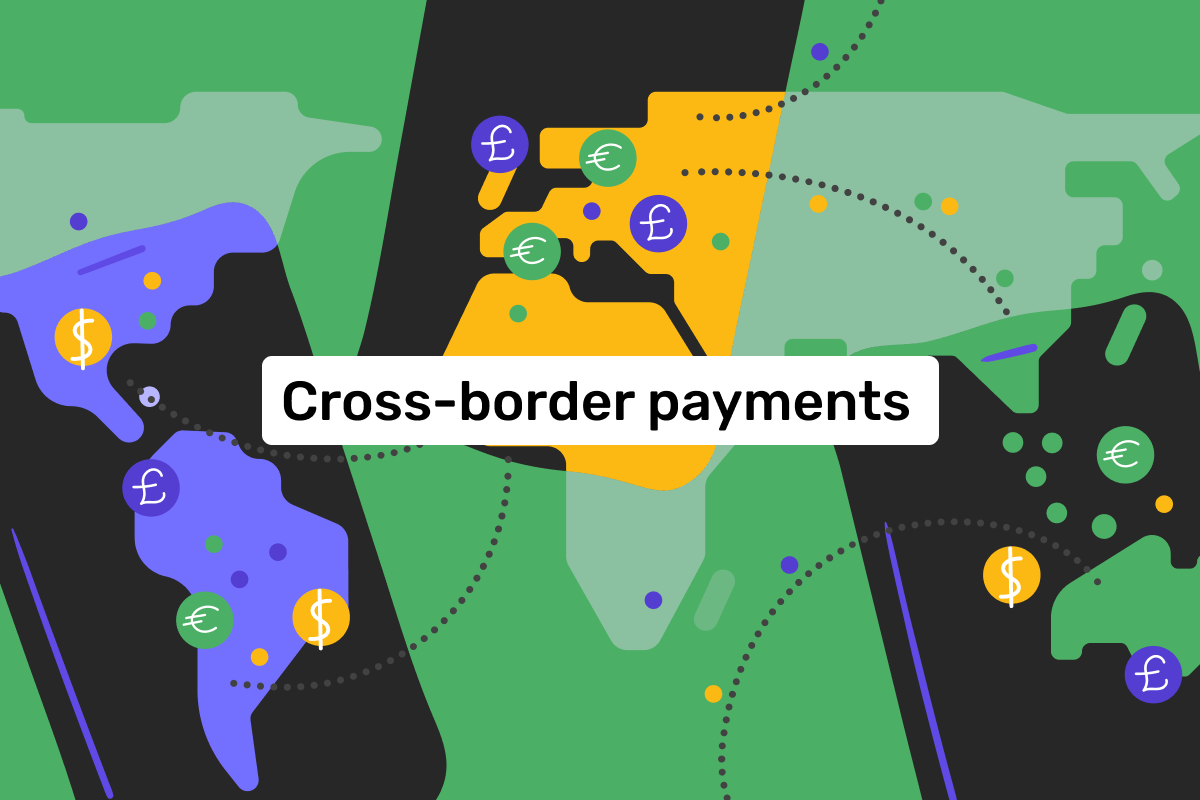10 Key Reason Why Scams are On the Rise in Singapore

No Time to Read? Here’s a Snappy Summary of This Article
- Digital Age Vulnerability: Explore how the digital era creates new opportunities for scammers to target unsuspecting individuals.
- Sophisticated Tactics: Delve into the evolving strategies scammers use, from sophisticated online scams to convincing impersonation schemes.
- Financial Incentives: Uncover the allure of financial gain that drives scammers to exploit loopholes and manipulate victims for profit.
- Tech-Savvy Scammers: Learn how scammers leverage technology advancements to orchestrate complex scams that are harder to detect.
- Social Engineering: Understand the psychological manipulation tactics scammers employ to deceive and exploit victims’ trust and emotions.
- Global Connectivity: Discover how globalization and digital connectivity open doors for cross-border scams to proliferate across international boundaries.
Table of Contents
- No Time to Read? Here’s a Snappy Summary of This Article
- 1. Technological Advancements
- 2. Increased Online Transactions
- 3. Social Engineering Tactics
- 4. Aging Population
- 5. Lack of Cybersecurity Awareness
- 6. Cross-Border Challenges
- 7. Greed and Desperation
- 8. Anonymity and Cryptocurrency
- 9. Evolving Scam Tactics
- 10. Underreporting of Scams
- Meanwhile, Check Out Tropika Club’s Ecosystem of Websites
Introduction
Singapore, known for its efficiency and low crime rates, is facing a disturbing surge in scam activities. Scammers are becoming increasingly sophisticated, exploiting the latest technologies and preying on unsuspecting victims. From phishing emails to investment frauds, the threat is real and growing. In this article, we delve into the 10 key reasons why scams are on the rise in our nation, shedding light on the underlying factors fueling this alarming trend. By understanding the root causes, we can better equip ourselves to identify and combat these nefarious activities, safeguarding our community and preserving Singapore’s reputation as a safe and secure society.

1. Technological Advancements
The rapid advancement of technology has been a double-edged sword. While it has brought convenience and connectivity, it has also opened new avenues for scammers to exploit. With the widespread use of smartphones, social media, and online platforms, scammers can easily target a larger audience and employ sophisticated tactics to lure victims. From creating fake websites to impersonating legitimate businesses, the digital realm has become a breeding ground for fraudulent activities.

2. Increased Online Transactions
The COVID-19 pandemic accelerated the shift towards online transactions, as more people turned to e-commerce and digital services. This surge in online activity has provided scammers with a fertile ground to operate. From fake e-commerce sites to phishing scams targeting online banking credentials, the rise in online transactions has inadvertently created more opportunities for scammers to strike.

3. Social Engineering Tactics
Scammers have become masters of social engineering, manipulating human psychology and emotions to gain trust and extract sensitive information. They often exploit fear, greed, or a sense of urgency to coerce victims into falling for their schemes. By crafting convincing narratives and leveraging social proof, scammers can bypass even the most cautious individuals’ defenses.

4. Aging Population
Singapore’s aging population is particularly vulnerable to scams. Elderly individuals may be less tech-savvy and more susceptible to manipulation, making them prime targets for scammers. From impersonating government officials to offering fake investment opportunities, scammers prey on the elderly’s trust and lack of knowledge about modern scamming tactics.

5. Lack of Cybersecurity Awareness
Despite efforts to raise awareness, many individuals and businesses in Singapore still lack adequate cybersecurity knowledge. Scammers capitalize on this lack of awareness, exploiting vulnerabilities in systems and human behavior. Phishing emails, malware attacks, and social engineering tactics often succeed due to insufficient education and vigilance.

6. Cross-Border Challenges
The borderless nature of the internet and the ease of international transactions have made it easier for scammers to operate across borders. Tracking and prosecuting scammers who operate from other countries can be a complex and challenging task, providing them with a sense of impunity and making it harder for authorities to take action.
_
Read Also:
10 Ways to Protect Yourself from Online Scams in Singapore
_

7. Greed and Desperation
In times of economic uncertainty or personal financial struggles, individuals may become more susceptible to scams that promise quick and easy money. Scammers exploit this vulnerability by offering lucrative investment opportunities, get-rich-quick schemes, or fake job offers, preying on people’s desperation and greed.

8. Anonymity and Cryptocurrency
The rise of cryptocurrencies and the anonymity they provide have created new avenues for scammers to operate. From cryptocurrency investment scams to ransomware attacks demanding payment in digital currencies, scammers can exploit the decentralized nature of these technologies to evade detection and prosecution.

9. Evolving Scam Tactics
Scammers are constantly evolving their tactics to stay ahead of the curve. As authorities and the public become more aware of certain scams, scammers adapt and develop new methods to deceive their victims. From impersonating government officials to exploiting current events or trends, their ability to innovate and adapt makes them a persistent threat.

10. Underreporting of Scams
Many scam victims choose not to report their experiences due to embarrassment, fear of further victimization, or a belief that authorities cannot help. This underreporting of scams makes it challenging to accurately assess the scale of the problem and implement effective countermeasures. It also emboldens scammers, who perceive a lower risk of being caught or prosecuted.
Conclusion
The rise of scams in Singapore is a multifaceted issue that requires a concerted effort from individuals, businesses, and authorities. By understanding the key reasons behind this alarming trend, we can better equip ourselves to identify and combat these nefarious activities. Staying vigilant, educating ourselves and others, and reporting suspicious activities are crucial steps in protecting our community. Additionally, authorities must continue to enhance cybersecurity measures, strengthen cross-border cooperation, and raise awareness to combat the evolving tactics of scammers. Only through a collective and proactive approach can we safeguard our nation’s reputation and ensure that Singapore remains a safe and secure society for all.

Frequently Asked Questions (FAQ)
Q. What are common types of scams in Singapore?
A. Explore prevalent scams like phishing, investment fraud, social media impersonation, and e-commerce scams targeting Singaporeans.
Q. How can I spot a scam?
A. Look out for red flags such as unsolicited requests for personal information, unrealistic promises, and high-pressure tactics.
Q. What should I do if I suspect I’ve been scammed?
A. Report the scam to the relevant authorities like the police or the Singapore Computer Emergency Response Team (SingCERT).
Q. How can I protect myself from scams?
A. Stay informed about the latest scams, verify the legitimacy of offers, and safeguard personal and financial information.
Q. Are there resources available for scam victims?
A. Yes, victims can seek assistance from organizations like the Association of Banks in Singapore (ABS) or the Consumer Association of Singapore (CASE).
Q. Is there a rise in cyber scams due to the pandemic?
A. Yes, the pandemic has led to an increase in online activities, making individuals more susceptible to cyber scams.

Have an Article to Suggest?
Tropika Club is always looking for new and exciting content to feature in their magazine and they value the input of our readers. If you have any noteworthy content or articles that you believe would be a great addition to Tropika Club’s magazine, we are open to suggestions and encourage you to reach out to us via email at [email protected]. By doing so, Tropika Club values your expertise and knowledge in the matter and appreciates your willingness to help. We will review your recommendations and update our list accordingly
Meanwhile, Check Out Tropika Club’s Ecosystem of Websites
Tropika Club Magazine – Tropika Club Magazine is a Singapore-based publication that features articles on a wide range of topics with a focus on local businesses and content for the region. The magazine emphasizes supporting local businesses through its #SupportLocal initiative, which includes coverage of everything from neighborhood hawker stalls to aesthetic clinics in town. In addition to highlighting local businesses, Tropika Club Magazine also covers a variety of local content, including beauty, lifestyle, places, eats, and what’s on in Singapore and the Asia Pacific region.



